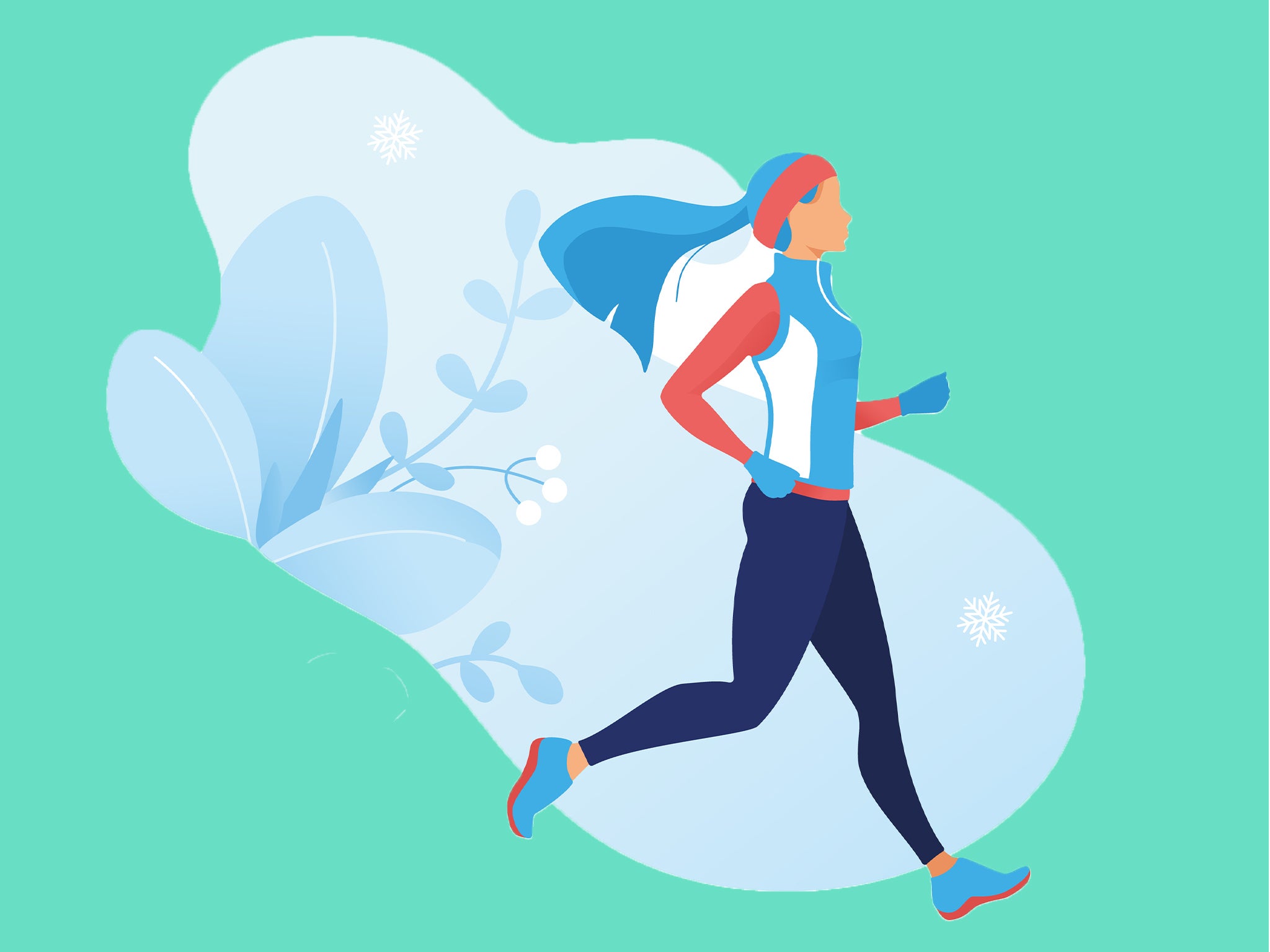Desire to exercise ‘can drop by a third in winter’
‘Hibernation mode’ sees motivation drop, expert claims

Your support helps us to tell the story
From reproductive rights to climate change to Big Tech, The Independent is on the ground when the story is developing. Whether it's investigating the financials of Elon Musk's pro-Trump PAC or producing our latest documentary, 'The A Word', which shines a light on the American women fighting for reproductive rights, we know how important it is to parse out the facts from the messaging.
At such a critical moment in US history, we need reporters on the ground. Your donation allows us to keep sending journalists to speak to both sides of the story.
The Independent is trusted by Americans across the entire political spectrum. And unlike many other quality news outlets, we choose not to lock Americans out of our reporting and analysis with paywalls. We believe quality journalism should be available to everyone, paid for by those who can afford it.
Your support makes all the difference.A fifth of adults see their exercise levels drop by as much as 37 per cent during the winter months, a survey claims.
A poll of 2,000 adults revealed they exercise an average of four times a week during summer, but this decreases during the colder months, with 31 per cent less active then than at any other time of the year.
Nearly three quarters (72 per cent) of those put the drop in activity down to the colder temperatures, with 57 per cent put off by the dark mornings and evenings.
Others admitted they find it more difficult to get out of bed during the winter (49 per cent), are worried about safety when exercising alone in the dark (27 per cent) and have less energy (24 per cent).
The spring and autumn months were the most popular time of year to get in shape, with 49 per cent wishing they could maintain the healthy mindset they adopt in warmer months across the cold, dark winters.
And more than a third live a healthier lifestyle generally in the summer compared to the winter.
Andreas Michaelides, of Noom, which commissioned the research, said: “For many, winter can play havoc with our intentions, causing us to exercise less or change our eating habits.
“Whether it’s the dark, the cold, stress, or tiredness, many external factors can impact our decision-making at this time of year.
“The data indicates that ‘hibernation mode’ kicks in for almost one in five of us, and we often lose our motivation to maintain our routines compared to the summer months due to barriers like the weather and holidays.
“Recognising how these internal and external factors impact you and your choices is just the first step to making truly informed decisions, enabling you to maintain a motivated mindset all year round.
“It’s also important to plan accordingly when you know you may experience situations that prevent you from achieving your health goals.
“Adapt your routine by going for a walk on a treadmill instead of running outside or swapping your summer salad for a warming vegetable soup instead.”
The survey, carried out via OnePoll, also found walking is the most common form of exercise undertaken by Britons throughout the year.
This was followed by running, cycling and bodyweight exercises, such as press-ups and pull-ups.
And 23 per cent enjoy exercising “a lot”.
But winter is a season for indulgence with 40 per cent enjoying more food in December than at any other time of the year, as temptations peak with Christmas parties and food-centred celebrations.
While 28 per cent admitted they eat chocolate more frequently at this time of year.
More than one in five (22 per cent) are also likely to order more takeaways, and 28 per cent get through more packets of biscuits during the winter.
Join our commenting forum
Join thought-provoking conversations, follow other Independent readers and see their replies
Comments